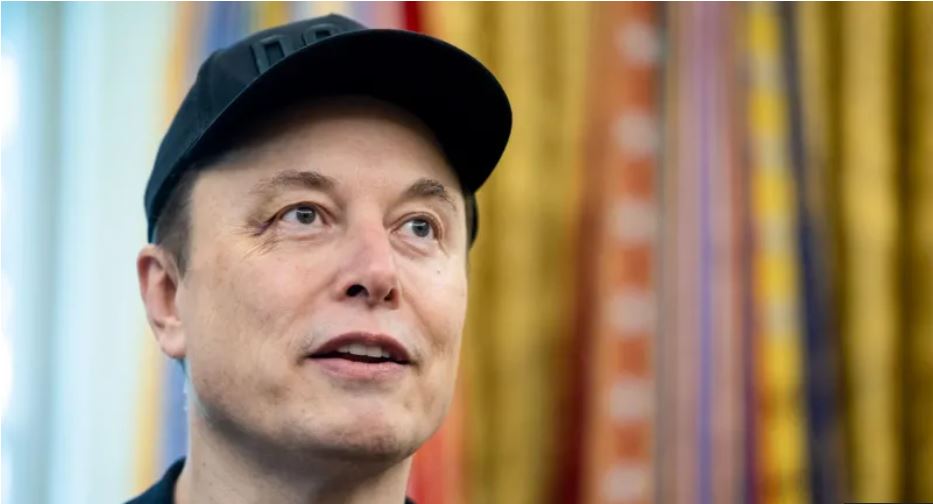If AI takes most of our jobs, money as we know, it will be over. What then?

It’s the defining technology of an era. But just how artificial intelligence (AI) will end up shaping our future remains a controversial question.
For techno-optimists, who see technology improving our lives, it heralds a future of material abundance.
That outcome is far from guaranteed. But even if AI’s technical promise is realised – and with it, once intractable problems are solved – how will that abundance be used?
We can already see this tension on a smaller scale in Australia’s food economy. According to the Australian government, we collectively waste around 7.6 million tonnes of food a year. That’s about 312 kilograms per person.
At the same time, as many as one in eight Australians are food-insecure, mostly because they do not have enough money to pay for the food they need.
What does that say about our ability to fairly distribute the promised abundance from the AI revolution?
AI could break our economic model
As economist Lionel Robbins articulated when he was establishing the foundations of modern market economics, economics is the study of the relationship between ends (what we want) and scarce means (what we have), which have alternative uses.
Markets are understood to work by rationing scarce resources towards endless wants. Scarcity affects prices – what people are willing to pay for goods and services. And the need to pay for life’s necessities requires (most of) us to work to earn money and produce more goods and services.
This article is part of The Conversation’s series on jobs in the age of AI. Leading experts examine what AI means for workers at different career stages, how AI is reshaping our economy – and what you can do to prepare.
The promise of AI bringing abundance and solving complex medical, engineering and social problems sits uncomfortably against this market logic.
It is also directly connected to concerns that technology will make millions of workers redundant. And without paid work, how do people earn money, or markets function?
Meeting our wants and needs
It is not only technology, though, that causes unemployment. A relatively unique feature of market economies is their ability to produce mass want, through unemployment or low wages, amid apparent plenty.





